Cities in Asia: Studio SEL-HKG-SIN
International Summer Programme in Architecture: Cities in Asia (9 credits) | ARCH1900
Dates | Jun 23 to Jul 16, 2015 (Seoul: Jun 23-30 | Hong Kong: Jul 1-8 | Singapore: Jul 9-16)
Programme Directors | H. Koon Wee & Darren Zhou
Tutors | Hyun Jun Kim, Kyuduk Seo, Kirk Mazzeo, Lai Shun Lam, Daniel Wilkinson, Piotr Winiewicz, & Ying Zhou
Studio SEL-HKG-SIN is a credit bearing, four-week design and research studio organised annually by the University of Hong Kong (HKU) Faculty of Architecture in multiple cities in Asia. Taught by a diverse group of faculty members from the HKU, ETH Future Cities Lab, and Kangwon National University, and speakers from internationally renowned universities and independent research groups, the course offers participants a design studio experience within Asia’s most vibrant contexts.
The International Summer Programme in Architecture strategically links the cities of Hong Kong, Seoul, and Singapore this year. Positioning the learning process on the multiple fronts of society, culture and the city, this programme has the advantage of connecting to teaching and research platforms of the Swiss Federal Institute of Technology (ETH) Future Cities Lab, Asian Urban Lab, Kangwon National University, and other universities and think-tanks.
Fundamental to the study of architecture and cities is the question of rapid urbanisation and innovation on the multiple fronts of society, culture and the economy. Engaging three cities at once gives participants the privilege to understand the multiple states of urbanisation in Asia. Saskia Sassen notes that it is precisely because cities are no longer within the routine realms of national politics, they naturally become the new frontiers of urban analysis.
Through this course, participants will focus on different urban environments and building typologies, especially in the way they resist and subvert, or become mutated or subsumed by the highly unbalanced urban conditions today. The studio assignments would be based on the examination and re-invention of a number of these building types, seeking out strategies of use, exploitation, adaptation, and even contradiction.
Participants will have the benefit of visiting unique areas of the city under-going massive change, exploring and discussing broad-ranging issues such as identity, migration, cultural production, post-colonialism, nationalism and globalisation, and other new topics in architectural history and theory. Field trips to neighbouring cities form part of this programme (details to be announced). In support of the design and research studio, a daily lecture and seminar programme will further enrich the participants’ knowledge in these fields.


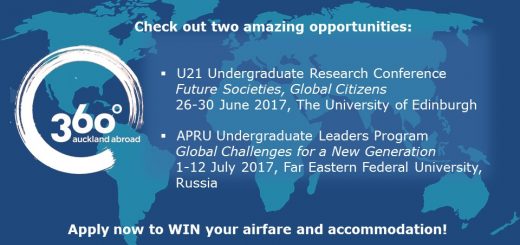
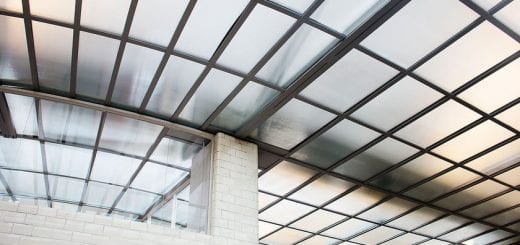
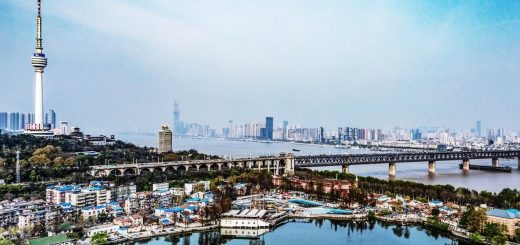
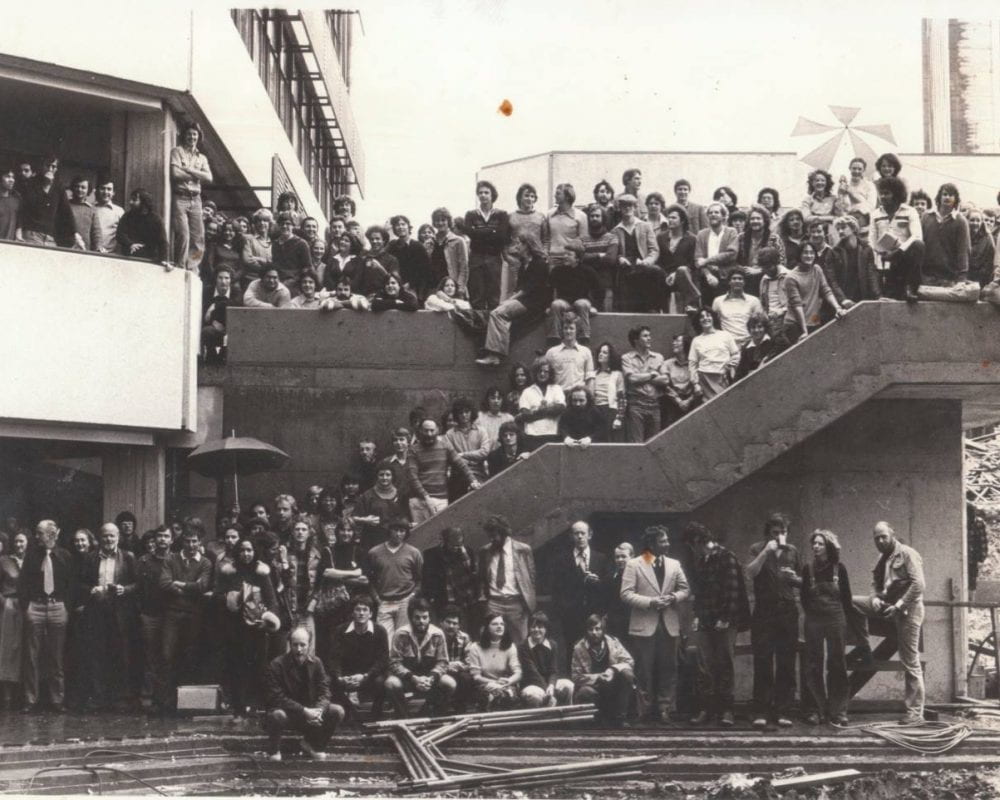
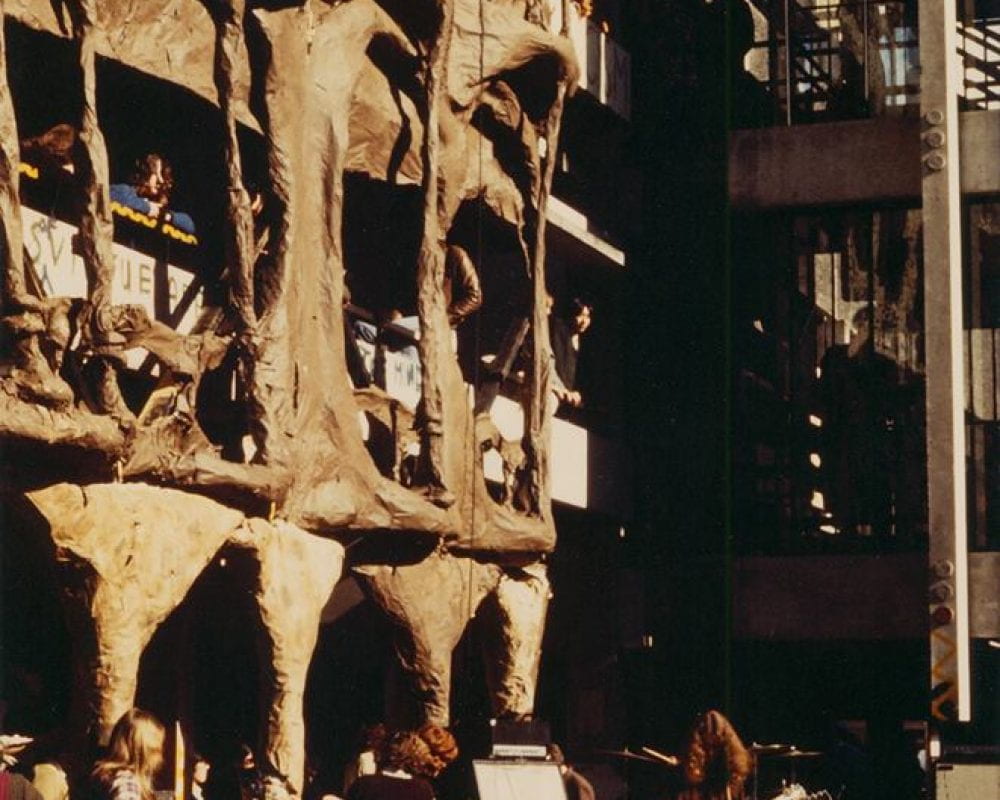
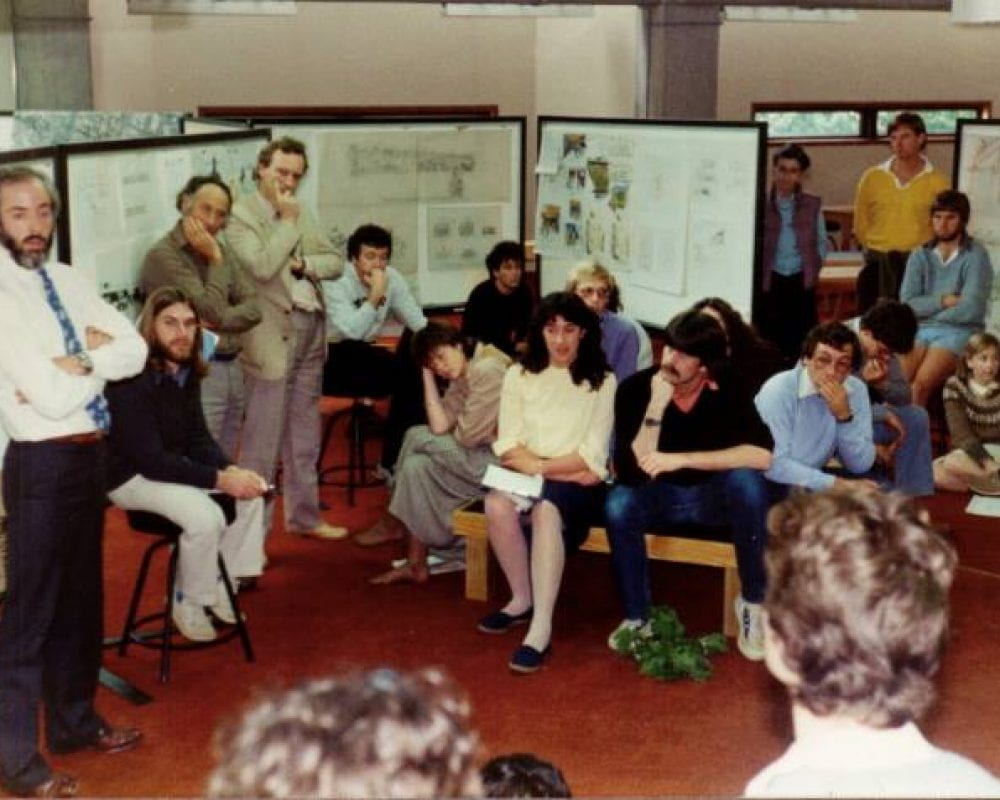
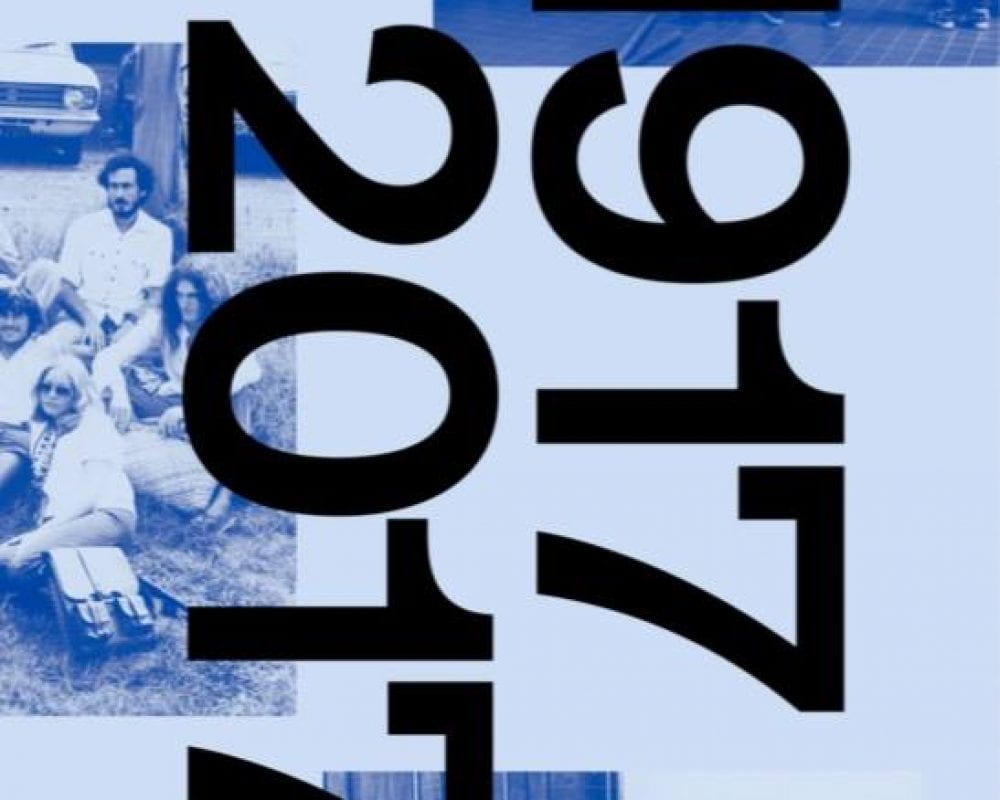
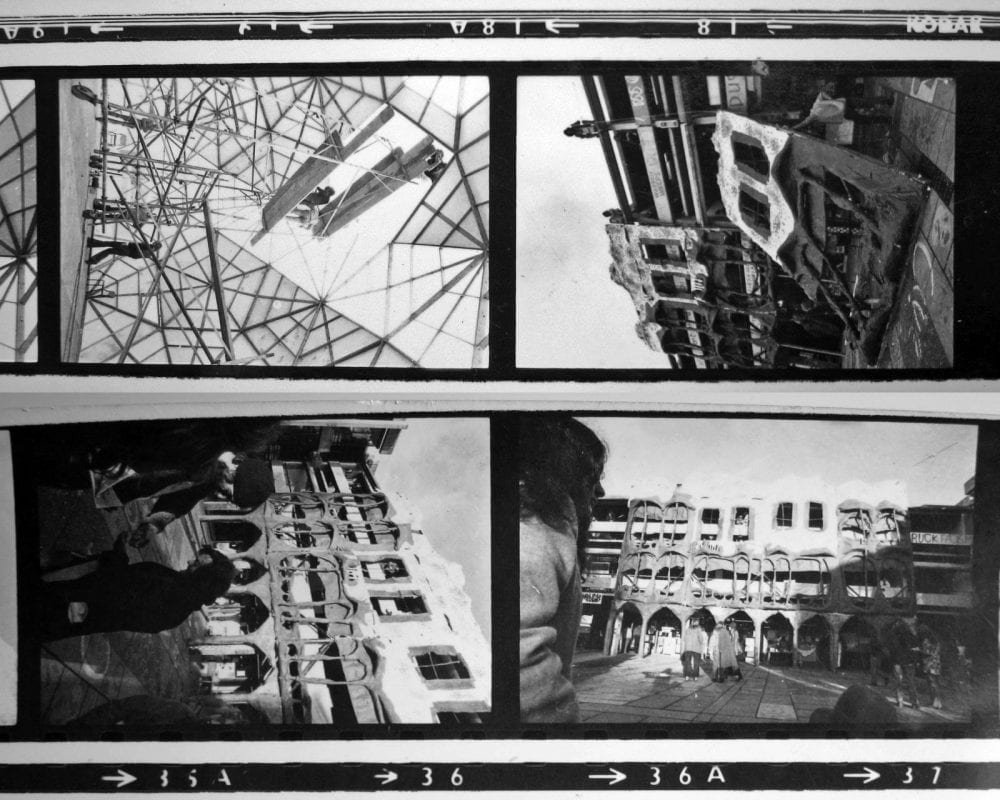
You must be logged in to post a comment.